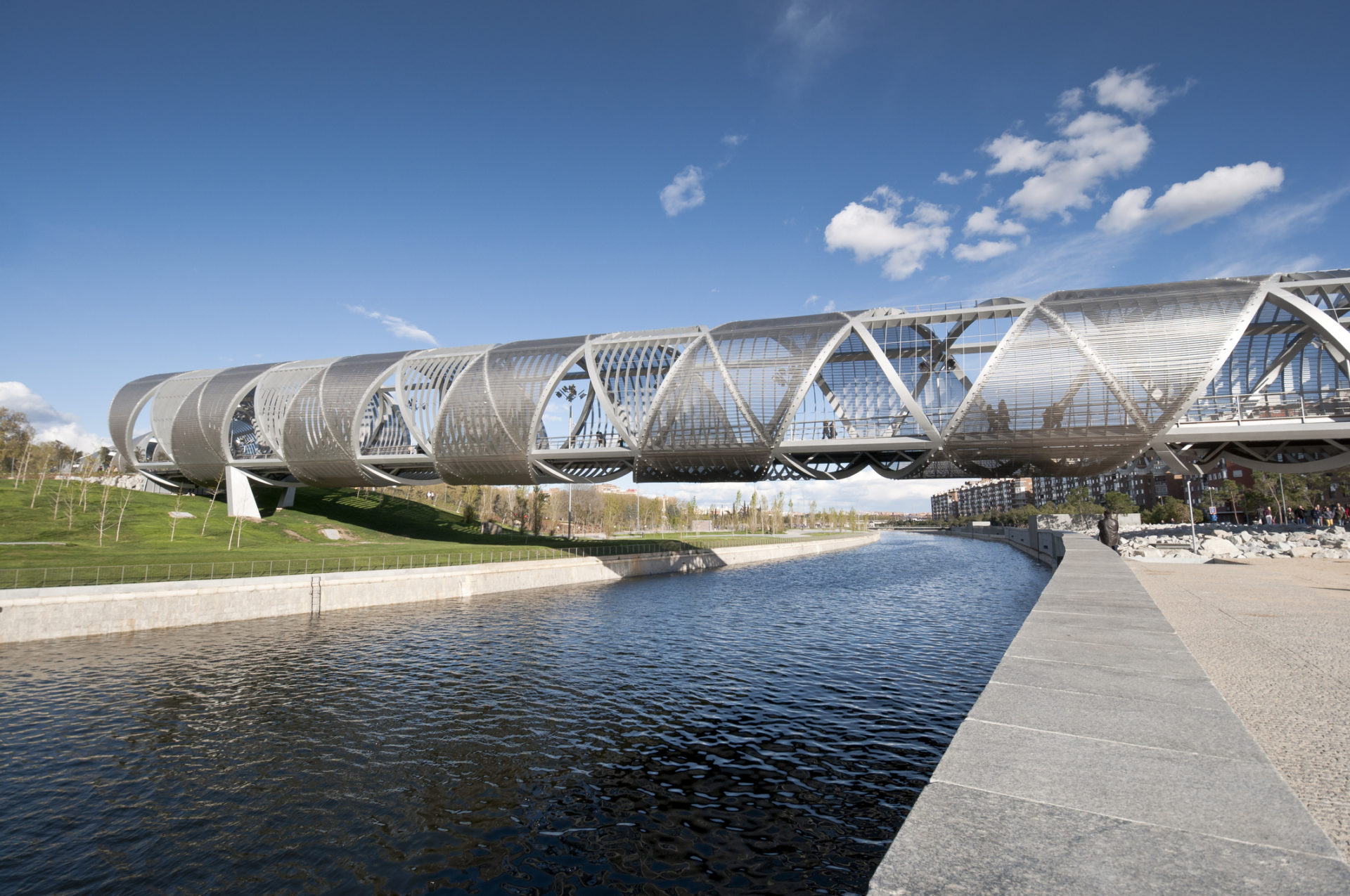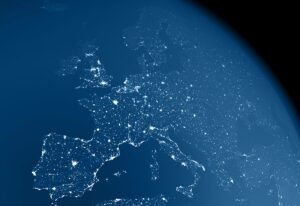Breakthrough for water at COP25
Despite its shortcomings, COP25 turned out to be an important breakthrough for water on the climate agenda. Now we must make sure that all countries follow up on this and see the potential in water-related solutions to achieve the goals from the Paris Agreement, writes Torgny Holmgren, Executive Director at SIWI, as he summarizes the outcomes of the COP.
Over the past ten years, SIWI has actively participated in the climate change convention negotiations, discussions, processes and worked hard, together with dedicated partners, to raise the profile of water. This year’s COP25, dubbed the Blue COP, with a special focus on water and oceans, was therefore well in line with our efforts since COP15 in Copenhagen.
When summarizing the meeting, it is certainly disappointing that the negotiators were not able to act more decisively in the face of the current crisis. At the same time, we should also acknowledge that there was important progress in some fields, not least in relation to water.
In fact, it was said that “water was more apparent at the COP this year” and we can see that the water and oceans communities’ hard work is starting to pay off. The importance of oceans and landscapes was highlighted, and it is clear how more and more people are starting to understand why water is and must be at the heart of climate policy and action in order to build resilient societies and protect our ecosystems.
This is extremely timely since, without this insight, countries may neglect what may be the most effective and efficient solutions to climate change in their nationally determined contributions to the Paris Agreement, which countries should be implementing and enhancing in the coming years.
Ahead of the climate meeting, UNEP released its Emissions Gap report which clearly demonstrated why we cannot afford to overlook any available solutions and that we must make more informed decisions about climate policy. In the coming decade, collective climate ambitions must increase more than fivefold over current levels to deliver the necessary emission cuts.
Though COP25 could have achieved more to prepare us for this titanic task, we must now build on the positive signs that are also there.
Many representatives seem to really have taken in the messages from recent IPCC reports about the role of landscapes and oceans for both adaptation and mitigation. There are broader acceptance and appreciation for nature-based solutions, local and traditional knowledge, adaptation and resilience, and the inclusion of women, youth, and indigenous communities in decision-making.
Not least importantly, we see a great focus on concrete solutions. This was also visible in the great interest in the many events that SIWI hosted or participated in during the two COP weeks. More than sixteen events were led or co-organized by SIWI and four action and policy briefs were published to share policy recommendations and solutions with decision-makers and practitioners.
As an observer organization, SIWI also participated in several key official UNFCCC meetings such as the Facilitative Working Group of the Local Communities and Indigenous Peoples Platform, the Focal Point Forum of the Nairobi Work Programme on the Ocean, and the Koronivia Joint Work on Agriculture workshop. Visit our SIWI-at-COP page for more information.
Against the backdrop of an emissions gap that we need to solve urgently, there is a greater need for cooperation, between countries and sectors. One of the most inspiring examples is how the freshwater and ocean communities are increasingly joining forces to protect coasts and oceans. The source-to-sea concept is really gaining traction and SIWI was a very sought-after participant in events about how this holistic approach can be used to address complex interlinkages. My colleague Birgitta Liss Lymer shares her reflections on that in this blog post.
Another reason for hope is, of course, the relentless pressure from concerned citizens all over the world, including the 500,000 who marched the streets of Madrid on Friday 6 December. We must stay focused on the concrete, science-based solutions they demand and deserve. We must also bear in mind that, for climate policy and solutions to truly succeed, we must listen to those who are most egregiously affected by climate change impacts, as well as those whose livelihoods will come under the greatest amount of pressure as we transition to a greener, low carbon future.
We at SIWI will be sure to ask these decisive questions at our upcoming World Water Week on Water and Climate Change: Accelerating Action, on 23-28 August 2020 in Stockholm.








